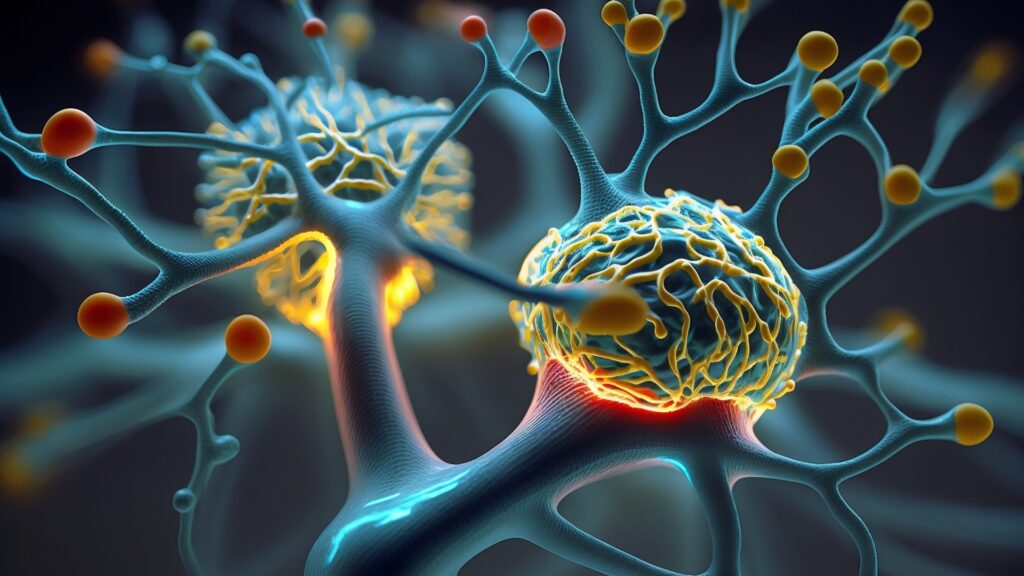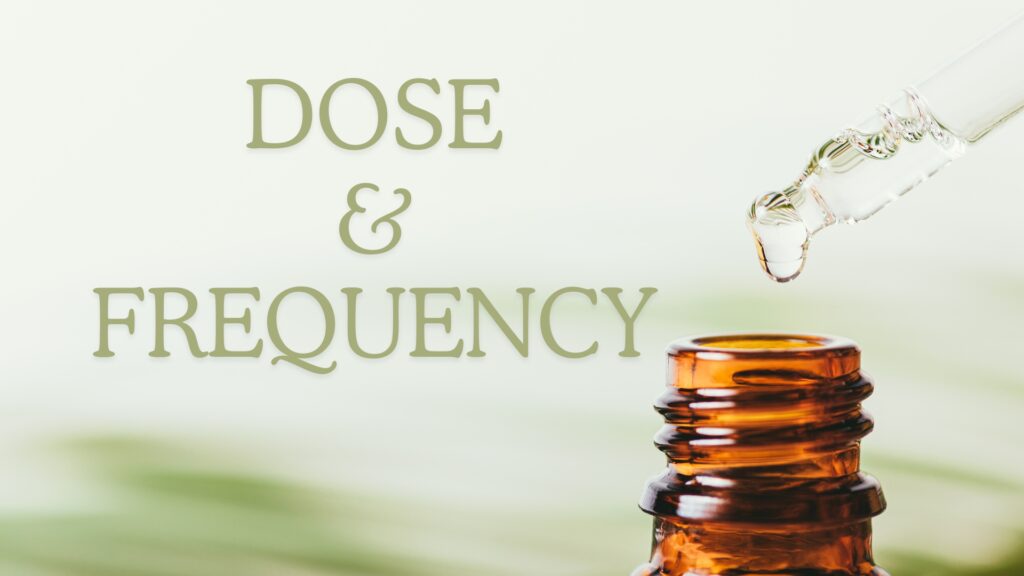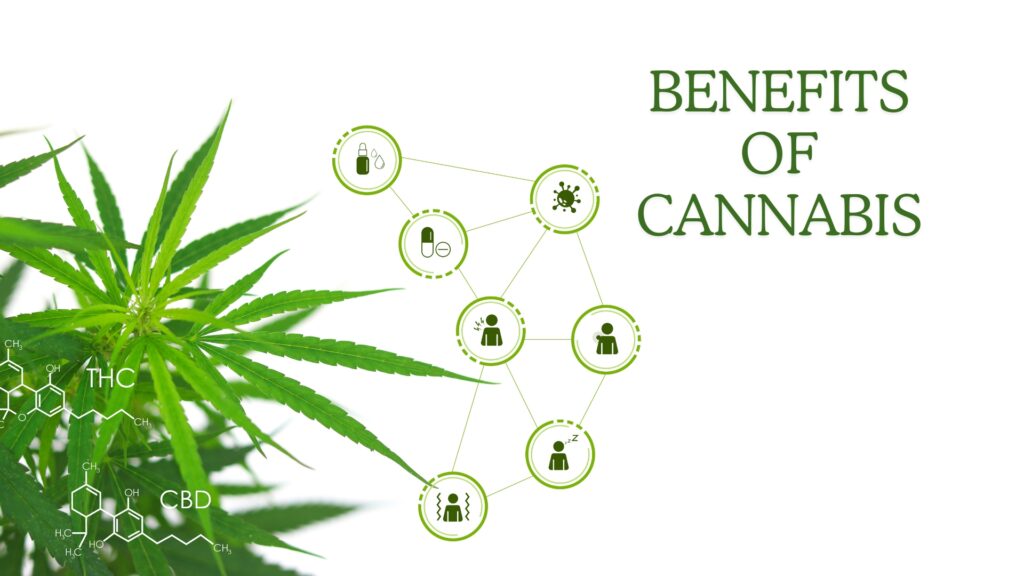In today’s world, the discussion surrounding the effects of cannabis on the brain is both prevalent and controversial. One of the most common questions that arises is whether weed, or marijuana, is detrimental to brain cells. This topic has sparked numerous debates and research studies aiming to shed light on the possible impacts of cannabis consumption on brain health. Let’s delve deeper into this intricate subject and unravel the truth behind the question: Does weed kill brain cells?
Table of Contents
Watch Video
Exploring the Science Behind Cannabis
Cannabis, also known as marijuana, is a plant that contains numerous compounds, with THC (tetrahydrocannabinol) being the primary psychoactive component responsible for the plant’s mind-altering effects. When consumed, THC interacts with the brain’s endocannabinoid system, a complex network of neurotransmitters and receptors that regulate various physiological processes. This interaction results in the well-known effects of marijuana, such as altered perception, mood changes, and impaired cognitive functions.
Debunking the Myth Does Weed Kill Brain Cells
One of the most persistent myths surrounding cannabis is the belief that weed kills brain cells. However, scientific research has largely debunked this misconception. Contrary to popular belief, several studies have shown that cannabis does not directly cause cell death in the brain. In fact, the endocannabinoid system plays a crucial role in neuroprotection, and certain components of cannabis have been found to have neuroprotective properties.
Understanding Neuroplasticity and Cannabis

Neuroplasticity is the brain’s ability to adapt and reorganize itself in response to different experiences or environmental changes. This process is crucial for learning, memory, and overall brain function. While some substances can have detrimental effects on neuroplasticity, studies on the effects of cannabis have yielded mixed results.
Some research suggests that heavy and prolonged cannabis use may impact neuroplasticity, particularly in young individuals whose brains are still developing. Chronic marijuana use during adolescence has been associated with cognitive impairments and altered brain structure and function. However, the exact mechanisms behind these effects are not yet fully understood, and more research is needed to draw definitive conclusions.
The Role of Dosage and Frequency

When considering the effects of cannabis on brain cells, the importance of dosage and frequency of use cannot be overlooked. Like most substances, the impact of cannabis on the brain is dose-dependent. Higher doses and frequent use may have more pronounced effects on cognitive function and brain health.
Moderation and responsible consumption are key when it comes to minimizing any potential risks associated with cannabis use. It is essential to be mindful of how much and how often one consumes marijuana to mitigate the chances of negative effects on the brain.
Exploring the Potential Benefits of Cannabis

While the discussion often revolves around the potential risks of cannabis use, it is essential to acknowledge the potential benefits that this plant can offer. Cannabis has been used for various therapeutic purposes, with potential applications in managing pain, reducing inflammation, alleviating anxiety and depression, and improving sleep quality.
Certain cannabinoids found in cannabis, such as CBD (cannabidiol), have shown promise in treating various medical conditions without the psychoactive effects of THC. Research into the therapeutic potential of cannabis is ongoing, highlighting the complex nature of this plant and its interactions with the human body.
Final Thoughts and Takeaway Message
In conclusion, the question of whether weed kills brain cells is not as straightforward as it may seem. While cannabis consumption does not directly cause cell death in the brain, its effects on cognitive function and brain health vary depending on several factors, including dosage, frequency of use, and individual differences.
As with any substance, moderation and responsible use are key when it comes to cannabis consumption. Understanding the potential risks and benefits of marijuana can help individuals make informed choices about their health and well-being. More research is needed to fully understand the complex interactions between cannabis and the brain, highlighting the importance of ongoing scientific investigations in this field.
In the end, knowing the facts about cannabis and its effects on the brain can empower individuals to make educated decisions and navigate the evolving landscape of marijuana use. Let’s continue to unravel the truth behind the myths and misconceptions surrounding cannabis, fostering a better understanding of this multifaceted plant and its impact on our minds and bodies.
Shop our best selling RAW CBD OIL 150 MG
CBD Pointers:
* Cannabis, also known as marijuana, contains various compounds, with THC being the primary psychoactive component.
* Research has shown that cannabis does not directly cause cell death in the brain.
* Consumption moderation is essential to minimize potential risks associated with cannabis use.
* Understanding the potential benefits of cannabis, such as pain management and anxiety relief, is crucial for informed decision-making.
Also know how to get unhigh from cannabis.
FAQ: –
Can You Reverse Brain Damage from Weed?
The brain has an incredible capacity for recovery, but it largely depends on the extent of damage and individual factors. Abstaining from marijuana and leading a healthy lifestyle can aid in the brain’s recovery.
How Does Age Affect the Impact of Weed on the Brain?
Age can influence how marijuana affects the brain. Adolescents and young adults are more vulnerable to cognitive effects due to ongoing brain development. Older individuals may experience different effects.
Is Weed Safer than Alcohol for Brain Cells?
Both substances have their risks. While weed may not directly kill brain cells, excessive use can lead to cognitive impairment. Alcohol, on the other hand, can damage brain cells and lead to various health issues.
Does Weed Have Medicinal Benefits for the Brain?
Some studies suggest that certain compounds in marijuana, particularly CBD, may have neuroprotective properties and could be explored for treating neurological conditions. However, more research is needed.
How Can I Use Weed Responsibly?
Responsible use includes understanding the risks, using in moderation, and avoiding underage or excessive use. Consulting a healthcare professional is advisable, especially if you have pre-existing health conditions.





